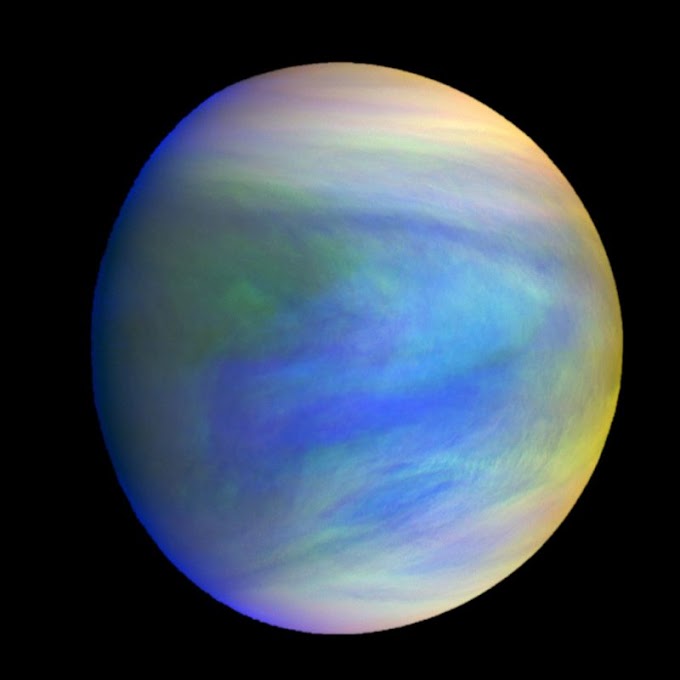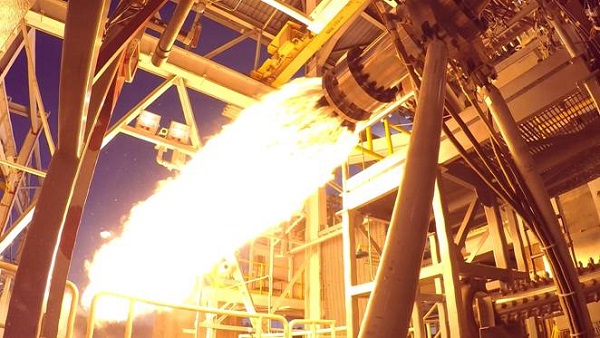The following article was originally composed for the annual magazine of St. Paul's C.M. College, Symphony. The motive behind publishing it in this blog is to propagate the way of thinking that Carl Sagan aimed to popularize among the masses.
 |
| (Credit: Pinterest) |
Look at yourself. What are you made of? What’s with that thumping inside your chest? How are you even breathing? Most importantly, how are you being able to judge these questions?
As out-of-the-world as it may sound, ‘things’ those were once inside a ball of fire, were spurted out into space, they travelled long distances to remote places through the vacuum of space where they found out a way to rearrange themselves to perform certain tasks. These tasks were carefully executed for quite a long time. On one fine day, those ‘things’ fabricated yet another system to carry out their intricate work - that was the day you were born. So, in a way, you’re made of elements those emerged out of intense pressure and heat.
 |
| Artist's impression of a Supernova (Credit: Google) |
If that sounded dramatic then we’re on the right track; Space is a dramatic arena, no less than a mainstream movie – there’s action of colliding worlds, romance between stars in a cluster, dance of the heavenly bodies, tragedy of objects approaching a black hole and so on. We’ve been watching bits and parts of this movie for the past six million years on the world’s largest projector, the sky.
Just think about it – the light rays emanating from this particular area is striking a lens and an inverted image is formed on a screen; A set of cables carry the image in the form of signals which is then fed into a processor; The processor quite efficiently rotates the inverted image into an erect one, thereby enabling proper viewing of the text. All of this in the blink of an eye (emphasis on eye). The fact that we’re alive and sound is due to several such small-scale intricate mechanisms being carried out 24*7 in our body and this is what we need to remind ourselves from time-to-time. The more we get to know about ourselves, the better we’ll understand our place in the cosmos.
The two worlds on either side of our home planet are pretty hostile; the boiling Venus and the rusty Mars, but we’ve dared to set out for them. So far, more than 20 unmanned missions to Venus and 26 to Mars have been successful. What’s noteworthy is the number of attempts those have been made – roughly 42 to Venus and 56 to Mars; This sets an example of ‘tireless striving’ to get an idea about our surroundings, sister worlds in this case, both of which foretell the condition of our home, Earth, if not dealt with care. Study of the cosmos makes us introspect almost effortlessly which is why it attracts a larger number of eager minds than most of the other fields.
We have our problems here on Earth, but that shouldn’t stop us from exploring the space because that is the best course for our civilization to flourish. The residents of a Pale Blue Dot in the sky, a page in the diary of the Universe, humans might not be the most intelligent species, but we surely are a brave band of explorers.

The Pale Blue Dot, captured from 600 crore km away (Credit: NASA)
From Eratosthenes, who for the first time measured the circumference of the Earth, to Yuri Gagarin, who was the first human to strap himself inside a rocket, shot to space and came back alive; From Dr A.P.J. Abdul Kalam assembling a test rocket in the backyard, to ISRO performing gravitational slingshot to send Mangalyaan to Mars; We are born explorers and with such amazing feats, our will to know the cosmos strengthens.
There might be some other form of intelligence or Genesis 2.0 monitoring us, probably criticizing the way they’re portrayed as little green men or tentacular beasts, but one thing’s for sure, they won’t take us for a stagnant race. Our ability to think is probably our greatest tool, nature’s splendid gift and that is what makes us more than just a page in the diary of the Universe.
Here's a tribute video:






10 Comments
Beautiful article!!
ReplyDeleteThank you for going through the entire article!
DeleteLoved it!
ReplyDeleteThanks bro!
DeleteNice n informative
ReplyDeleteThank you!
DeleteYou killed it
ReplyDeleteWoah, thanks!
DeleteAwesome bro!
ReplyDeleteThanks bro!
Delete